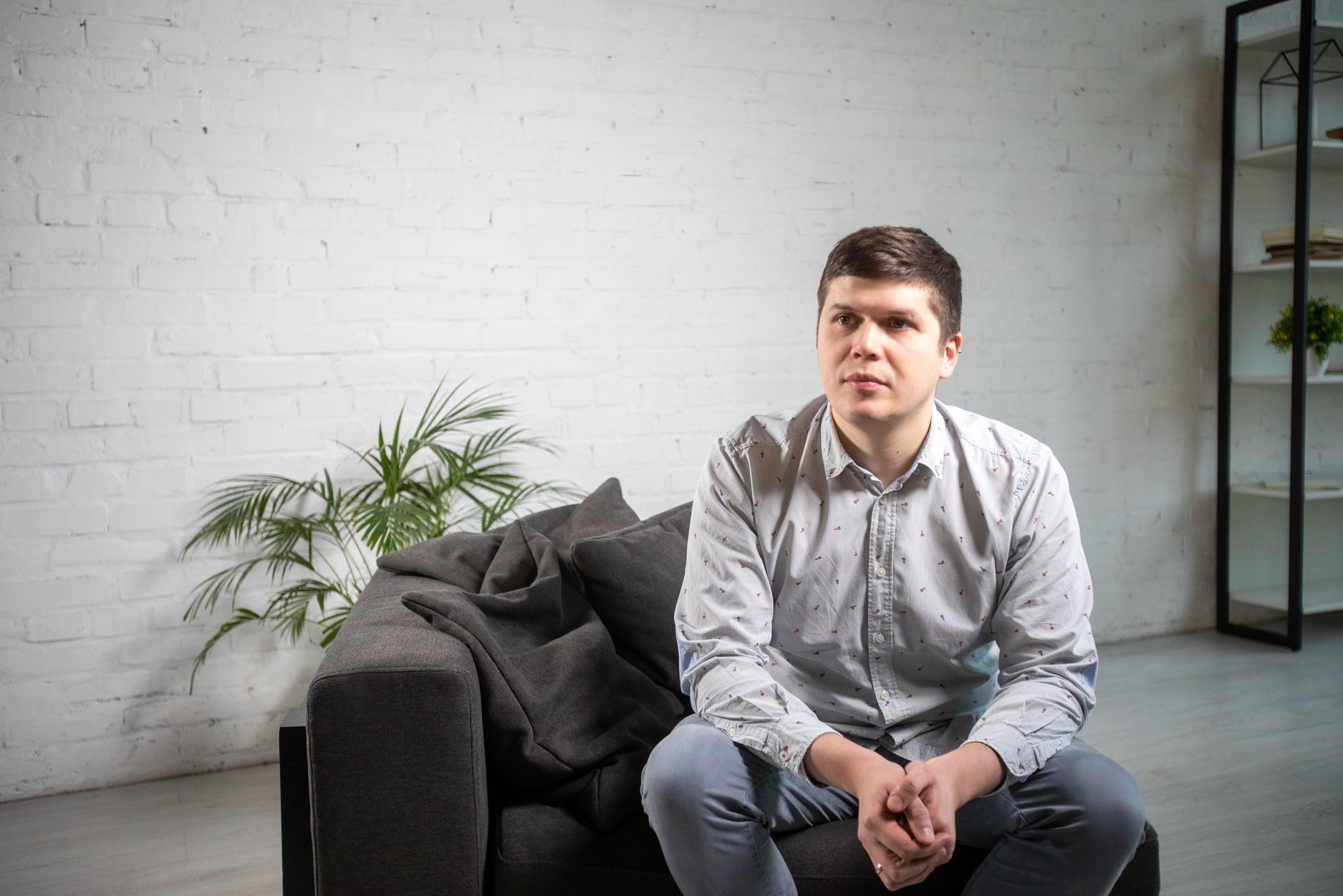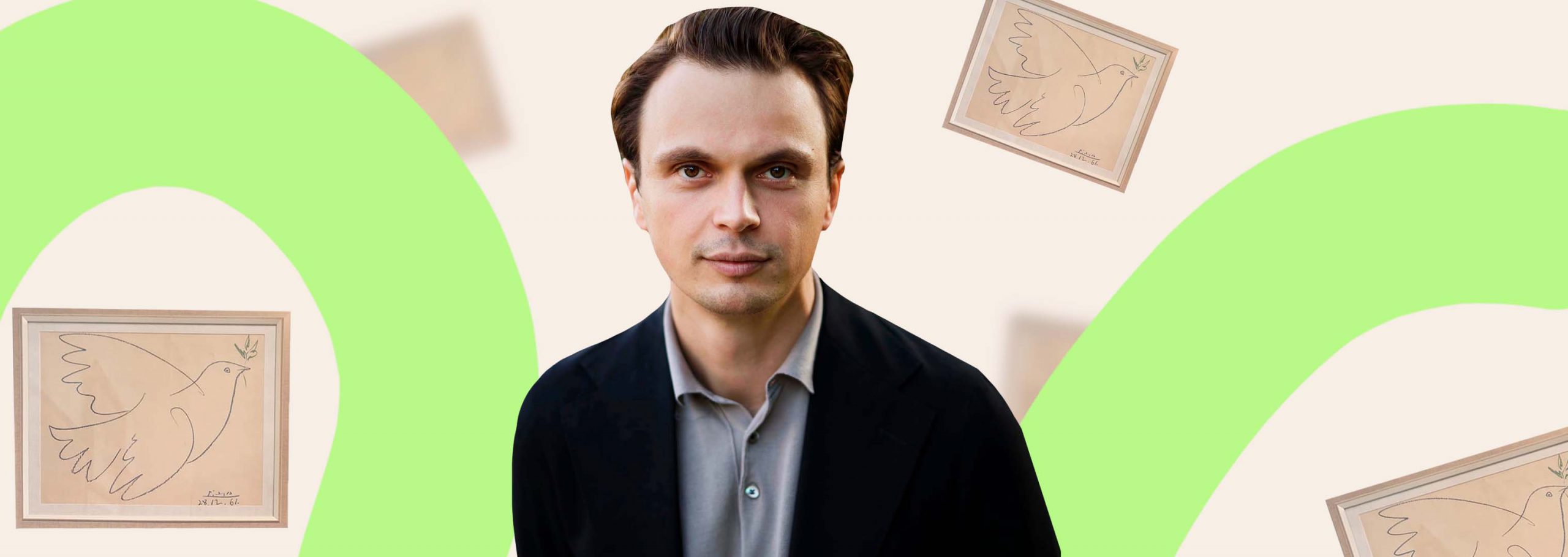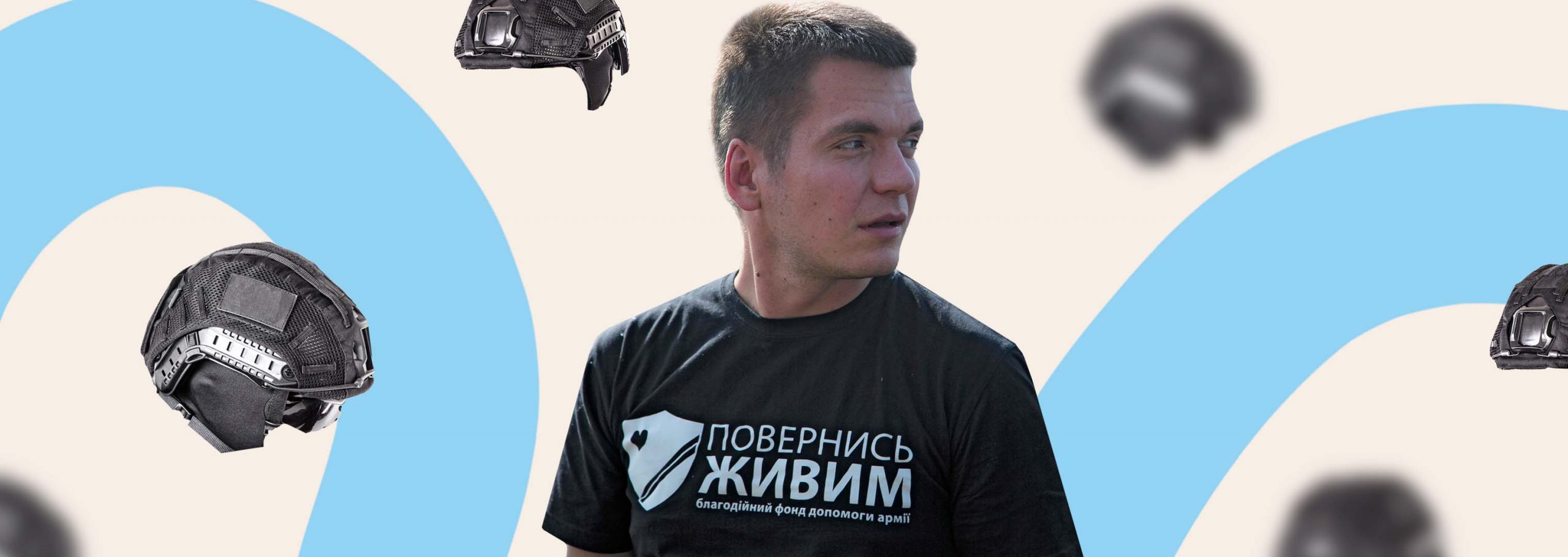From the first day of its opening Veterano Pizza has not only been about delicious pizza, but about something much more. This is a restaurant where war veterans work together with those who have never been in war. Its atmosphere reminds its visitors about the need to help and support one another not only in dire straits, but on a constant basis.
We talked to the founder of the restaurant, the veteran Leonid Ostaltsev, about why socially responsible business remains first and foremost business and how the pizzeria’s name helps him find his people.
In your interviews you often say that you came up with the idea of opening up Veterano Pizza in response to the difficulties that war veterans encounter while looking for a job. Has anything changed in this regard?
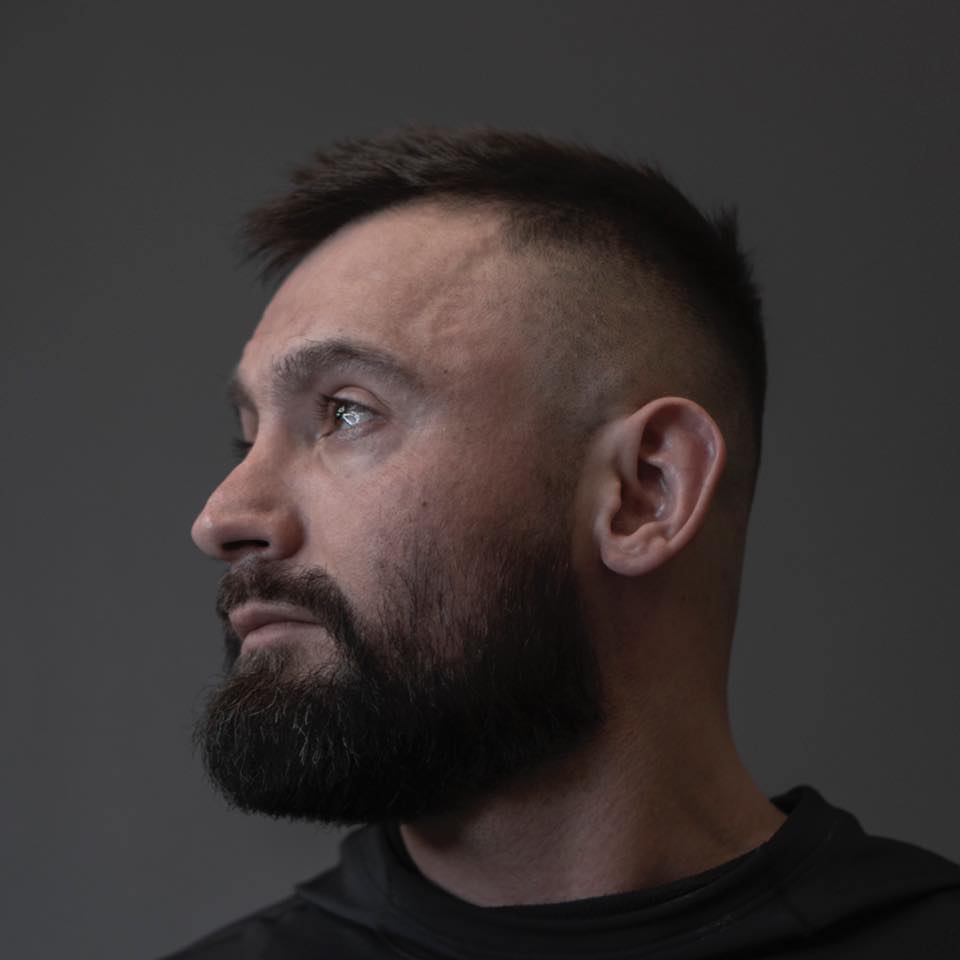
I can’t say I have been following the developments in this field, but I do know that things have taken for the better. In general the topic of war, war veterans and people who return from war is relevant. Many people are aware of it and there are already examples of functioning businesses run by war veterans. This has become possible only because lots of time has passed. 7 years is a long time. At first people were wary of war veterans, they did not know who they were. As of now these issues are no longer topical.
Did you want to have only war veterans on your team right from the beginning?
I knew from the outset that during the recruitment process I would give priority to war veterans. However, I never planned to have a team that is 100% made up of them, since we are supposed to be open to society and to get integrated in it.
The way I see it is this – we have been in the war serving our country. Having come back, we are not supposed to sit on our hands expecting the government to take care of us. We have to keep working and be of service to society.
Ideally the team would be comprised 50-50 of war veterans and non-veterans. In the beginning the correlation stood at 80/20, however, it is constantly changing. Most importantly, war veterans and non-veterans work together for the sake of achieving a better result.
How do you select candidates? Is there something that makes you immediately say ‘no’ without any further discussion?
I no longer conduct job interviews, but I can say that Russia-minded people (or those who have not taken sides yet) do not come to work here. For as soon as they do, they immediately realize what sort of people work here and they leave this place of their own accord. We have had many different people working with us, but none of them has ever been indifferent. Everyone interested in working with us are conscientious citizens.
I have noticed one thing – the longer we work, the stronger our coworkers get. With every month our coworkers mature and become transformed.
Is a business run by war veterans more about social responsibility or business as such?
A veteran-run business is no different from any other businesses save for the fact that its owner may be a war veteran. Put that aside, we don’t enjoy any other preferences. We work just like other people, without any sweeteners.
What is the story of social business in Ukraine? Is there anything that you would like to change or that irritates you?
I am annoyed by the concept of ‘social business’ itself, since often people who say that they want to do social business have anything in mind but business.
Usually they want to organize a charity event and involve people representing vulnerable groups. However, they never remember to actually hire these people.
If your business model does not work, i.e. if you don’t make money, nobody will come to you and say, ‘You are doing a great job of employing war veterans or mentally disabled people. Very well done! Here’s your money’.
People will support you only if your business really works. We provide a service or offer a product, and if these are good, the customers will be ready to pay for them. In my opinion, it is about honesty. I don’t like this mantra – ‘We are so destitute, please help us’
Since day one of my project, regardless of the situations or conditions I have found myself in, I have always had a clear understanding that it all depends on me. The government is not to blame, nor is my landlord. I am to blame – I may have made certain miscalculations, I might have done a bad job of something, I could have neglected to do certain things. Such an approach helps me to not shift responsibility on others. It’s my little life hack.
You took this stance up at the very beginning or is it something you have adopted over the years?
I guess the latter is true. As soon as I opened the pizzeria up I knew I was going to employ war veterans and I was not expecting any goodies.
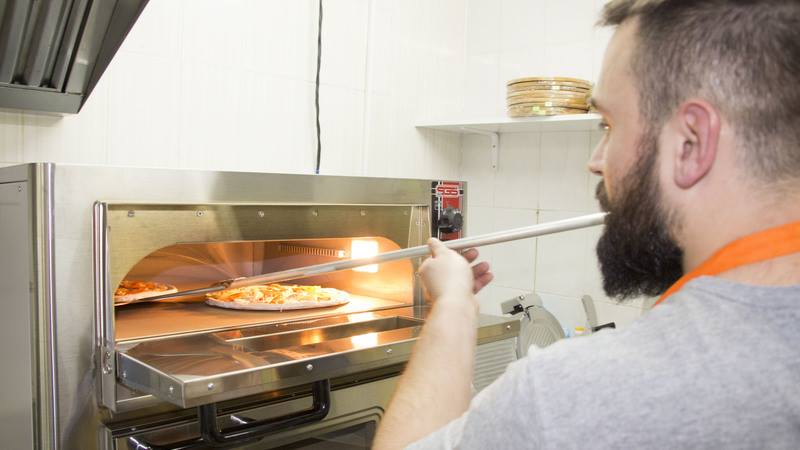
The first guest who came to my pizzeria prior to its official launch gave me 100 dollars saying, ‘That’s for you’. I thanked him and said that it was exactly why I had made a decision to do business – I wanted to make money. I said it was me who was supposed to offer him something, not the other way around.
We shared a laugh and then this client said, ‘I won’t take the money back. Let’s do this way – you will use it to make pizzas and take them to the military hospital’. I said that was a cool idea. That conversation was actually the beginning of the ‘share your pizza’ option. (at Veterano pizzerias visitors can donate pizza to members of the military, health care workers, paramedics, etc.)
What convinced you to launch exactly this type of business? What proved the tipping point?
The tipping point was the fact itself that I came up with this idea. I said to myself that I wanted a pizzeria. Before the war I had worked at different places making pizzas. I went to war in this capacity. Having returned from war, I still had the skills needed for making pizza, which I can and enjoy doing. That is how I took a decision to set the pizzeria up. My friend, Zhora Turchak, and I were riding in a car and I said that I did not care where exactly my pizzeria was going to be opened (be it in the underground walkway or on the block), but this place was going to be the best.
I was totally clear on the fact that my product was going to be of exceptional quality. However, things turned out absolutely different from the way I wanted them to be. For the first couple of weeks we weren’t producing even remotely as good a product as I wanted, since we simply couldn’t keep pace with the customers. There were so many guests that we did not have time to make dough as good as it was supposed to be.
On the first day we closed at 6. I went into the hall and apologized to the guests saying that we could not take their orders any longer. For the whole month we were struggling to get our processes up and running so that we could be producing not just good pizza, but the best in town.
I would work both in the kitchen and in the hall taking orders. I had only one person working with me. It was only after this that we recruited new staff members. At the initial stages there were just two of us, with me being often away giving interviews.
When did you come to understand that you managed to make the product you had in mind?
I have not managed to make it yet! I guess I will have to dedicate my entire life to it. And then even after my death someone would have to follow in my footsteps to make it happen.
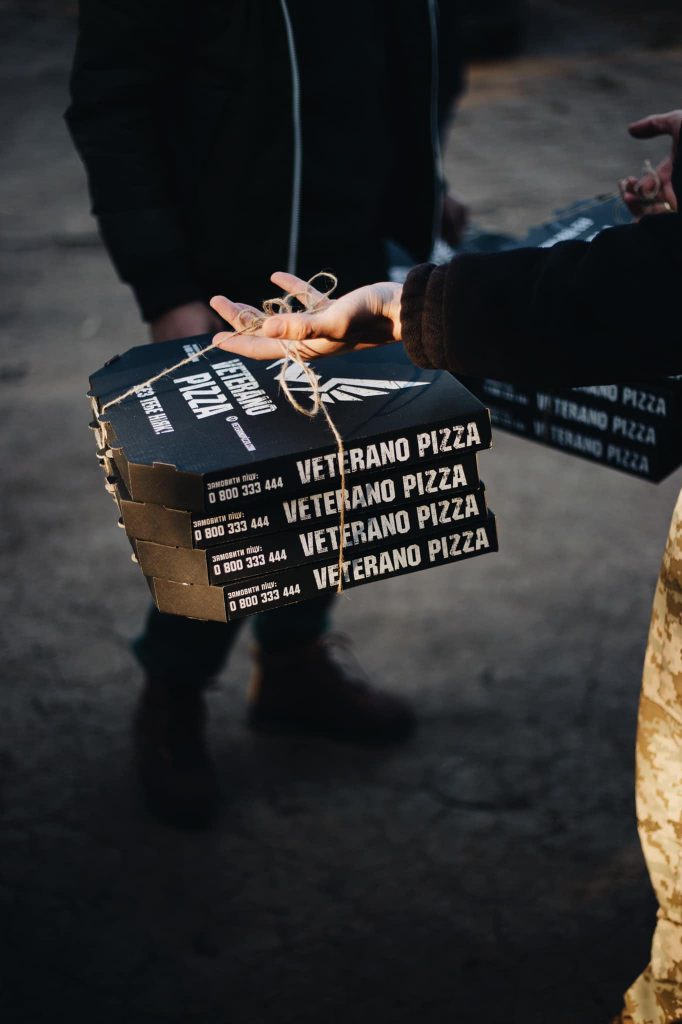
How did the whole thing evolve into the franchise business?
I never wanted to go for it, but I had been receiving many requests. There had been so many of them that I decided to give it a go. You can hardly call it a franchise, it’s rather a brand. It would be stretching it to call it a franchise in the classical sense. First we opened up a few cafés. We then went on to open up a pizzeria in Dnipro (one of the biggest cities in Ukraine – editor’s note) and then in Mariupol (a city in South Ukraine – editor’s note). The guys in Dnipro then started to work independently; they established a brewery called First Wave.
First franchise businesses have long been shut down because we are growing as a business in a quality manner. While learning I make new decisions that impact the whole project. We have even changed our logo – it used to feature a Cossack. However, at some point I understood that it was not reflecting us any longer, which is a normal process.
Were there any principles that you had to give up on in order to move on?
No. The principles that we have been sticking to from the outset are still there.
The first principle is – nobody owes us anything. If we want to achieve something, we do it on our own.
The second principle – we are trying to work as honestly and legally as the economic and tax legislation permits.
The third principle is – if you have earned some money, help others.
These are the three basic principles that I have been following all this time. And now they are laid out in contracts. If our employee shares them, we are on the same page.
There is another principle that I have come to understand over time, namely, that war veterans are different, which is cool.
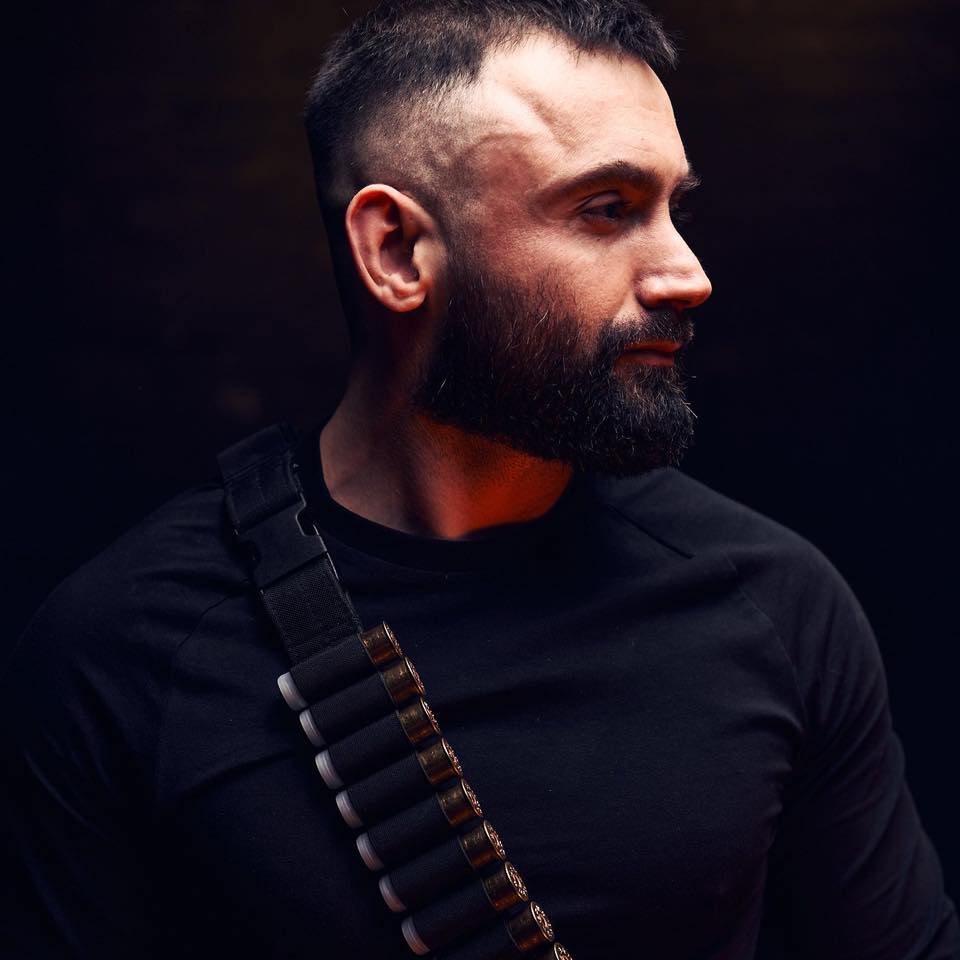
How did quarantine limitations affect your business?
The lockdown has cost me two and a half million UAH (nearly 100 thousand dollars – editor’s note). This is the sum of money I had to borrow so as to be able to keep afloat. I drew up all possible options – going out of business, moving business, shutting down one of the pizzeria’s halls. I understood that from the business perspective my best bet would be to borrow money to tackle all current issues. I have taken out three loans that I am gradually paying them off.
It was extremely tough but so far we have not fired a single employee since quarantine was imposed.
These were not the best of times, but at the same time you were helping out other people…
So what? Do you remember the third principle? I don’t like it when someone tries to make it out to be as something remarkable. They go like, ‘Oh, these guys are helping!’ Well, it would be strange and wrong if we were not. Providing help is something that each member of my team and I find natural. We try to shun the publicity every time we provide help.
It’s not only about work. It’s about something deeply personal.



